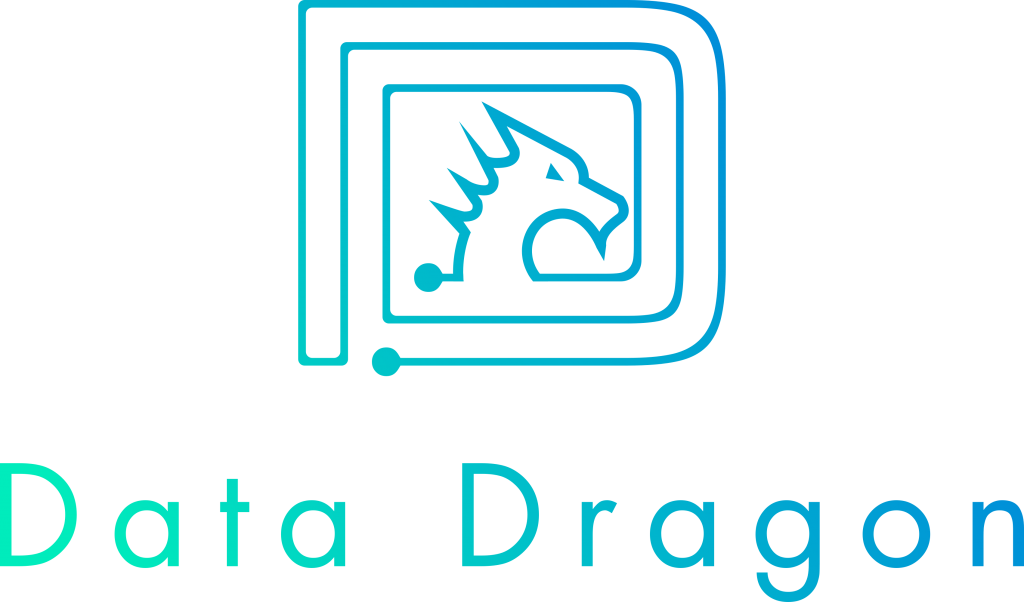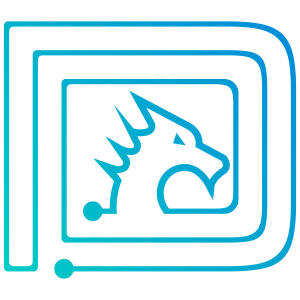CAA Data Dragons
CAA Special Interest Group (SIG) on Semantics and LOUD in Archaeology (SIG-DataDragon)
# Hic sunt dracones
In historical maps, the phrase `Hic sunt dracones` (engl. here be dragons) is used to describe areas which were unknown to the cartographer. Today the WWW gives researchers the possibility of sharing their research (data) and enables the community to participate in scientific discourse in order to create previously unknown knowledge. But much of this shared data are not findable or accessible, thus resulting in modern unknown data dragons. Often these data dragons lack connections to other datasets, i.e. they are not interoperable and in some cases even lack usefulness or usability. To overcome these shortcomings, a set of techniques, standards and recommendations can be used: Semantic Web and Linked Open Data, the FAIR principles and LOUD data.
# LOUD and FAIR data in CAA context
Various researchers are doing modeling semantic information and producing Linked Data and LOUD according to the FAIR principles in any applications of archaeological data. Prominently the Numismatics Community (Ethan Gruber, David Wigg-Wolf, Karsten Tolle, …) and the Pelagios Commons Community (Valeria Vitale, Leif Isaksen, …) are forerunner in this case. Other researchers (Florian Thiery, Martina Trognitz, …) of other institutions and subjects are also working on the LOD topic as well, also at the last CAAs. We would like to further establish Linked Data in archeology, enable beginners to use and produce Linked Data, invite other scientists for discussion, and embed LOD as an important topic through an SIG at the CAA conference and community.
# Statement of purpose
The core aim of the CAA Special Interest Group on Semantics and LOUD in Archaeology (CAA SIG Data Dragon) is to use CAA’s SIG format for raising awareness of Linked (Open) Data in archaeology. This can be achieved through some primary objectives:
* Create a friendly and open platform to discuss the role of LOUD and FAIR Data in archaeology.
* Enable the CAA community to learn the LOD basics through workshops, teaching materials, etc.
* Tackle the challenge of developing LOUD publishing workflows in archaeology.
* Integrate the semantic modelling & ontology communities (e.g. CIDOC CRM, SKOS, …), as well as infrastructure communities (Pelagios, Nomisma, Wikidata, …) into LOD in archaeology.
* Forge closer collaboration between researchers already active in this field and allow for the education of other interested parties.
* Provide a platform to present and evaluate the various venues which are open to archaeology and LOD.
* Highlight and anchor the topic of data quality in LOUD publishing.
* Strengthen the subject of LOD gazetteers for research in archaeology and on the ancient world
* Strengthen the subject of LOD thesauri, e.g. Getty, Heritage England, …
* Built up a connection to the Wikidata ecosystem to extend beyond the scope of archaeology, benefit from public contributions, and feed LOD back into Wikidata.
This SIG is particularly supportive of students and early career researches who may be interested in developing their skills and promoting more pervasive use of Linked Data in semantics in research, publication and teaching.
The SIG aims at an open format that supports discussion and the circulation of ideas drawn from various perspectives. Everyone may participate on equal terms, following CAA International’s established Ethics Policy. To ensure expedient and civil discourse, the SIG committee will remove, edit, or reject comments, commits, code, issues, and other contributions that are not aligned with this policy. To be as inclusive as possible, and also for the sake of reproducibility, we strongly prefer open-source over proprietary software.

# Members
Florian Thiery
LOD, CIDOC, Wikidata
Ethan Gruber
LOD, Numismatics
Martina Trognitz
LOD, Wikidata
Sophie C. Schmidt
LOD, Wikidata
Karsten Tolle
LOD, Numismatics
Valeria Vitale
LOD, Pelagios, Gazetteers
David Wigg-Wolf
LOD, Numismatics
Kai-Christian Bruhn
LOD
